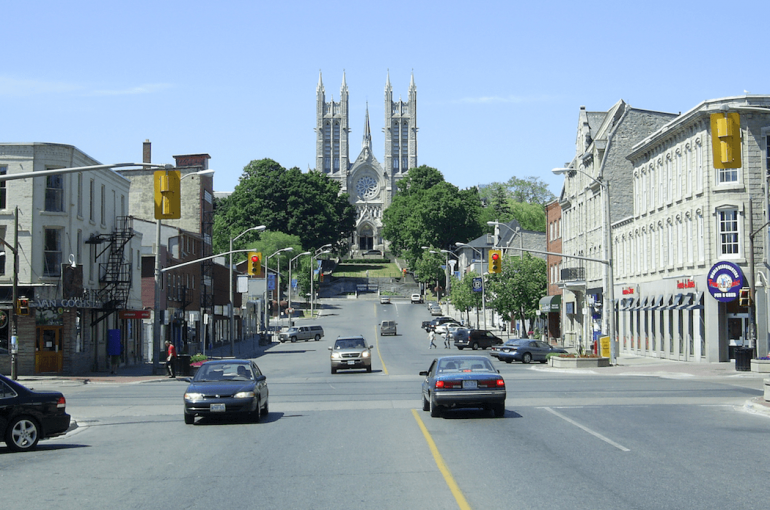Four Canadian cities have been named the winners of the federal government’s Smart Cities Challenge. The winners will receive prizes worth a total of $75 million, which will be used to implement their proposals over the next five years.
Over the past year, 20 finalists have worked with their residents and partners to create practical plans to improve their cities.
Launched in 2017, the challenge asked local governments, Indigenous communities, and municipalities to submit proposals that tackle economic, environmental, and social problems that are faced locally. The government said over 200 communities responded to the challenge, and submitted ideas in areas like reconciliation, protection of Indigenous culture, food security, and affordable housing.
“Congratulations to finalists and winners of Canada’s first-ever Smart Cities Challenge. The work you have put into developing your proposals and to improving the lives of your residents is huge,” said Minister of Infrastructure and Communities, François-Philippe Champagne. “Your efforts will benefit your communities, and also communities across the country who may be facing similar challenges. You are shining examples of Canadian ingenuity and innovations at its best and I am immensely proud.”
The winners are:
- Town of Bridgewater, Nova Scotia – $5 million prize for its proposal to reduce energy poverty.
- Nunavut Communities, Nunavut – $10 million prize for its proposal to use a life promotion approach to suicide prevention.
- City of Guelph and Wellington County, Ontario – $10 million prize for its proposal to create a Circular Food Economy.
- City of Montreal, Quebec – $50 million prize for its proposal to improve mobility and access to food.
Bridgewater’s Energy Poverty Reduction Program was created to bring its residents out of energy poverty. The plan is expected to reduce the energy poverty rate by 20 percent by 2025, contributing to an overall energy poverty rate of 50 percent by 2028.
RELATED: Future Cities Canada launches network to accelerate innovation in smart cities
With Nunavut’s win, the Pinnguaq Association, a non-profit based in the Nunavut hamlet of Pangnirtung, will now have $10 million in funding to create locations for play and learning in several more communities in the territory. The project, also known as Community, Connectivity, and Digital Access for Suicide Prevention in Nunavut, has a number of initiatives in its plan, including to reduce the gap in life expectancy and mental illness between Inuit in Nunavut and residents of Southern Canada, address social inequities by reducing the digital divide, and implement digital literacy initiatives adapted to Inuit culture.
Montreal’s plan is looking to address systemic issues of urban life, including mobility and access to food, along with its 36 project partners. On the mobility side, the city is looking to car sharing on-demand, autonomous vehicles, and bike sharing, as part of a bid to strengthen access to local services.
Through a rural-urban partnership, the City of Guelph and Wellington County are hoping to enhance access to nutritious food, reduce their carbon footprints, turn “waste” into valuable resources, and create new economic opportunities for residents. The plan aims to increase access to affordable and nutritious food by 50 percent, create 50 new circular food business and collaboration opportunities, increase in economic revenues by reducing or transforming food waste by 50 percent.
“Our vision is a food system where everyone has enough healthy food to eat, nothing is wasted and the environmental footprint is a lot smaller and we will make that possible thanks to this Smart Cities Challenge award,” Guelph Mayor Cam Guthrie said in his acceptance speech.
Image courtesy Wikimedia Commons.

